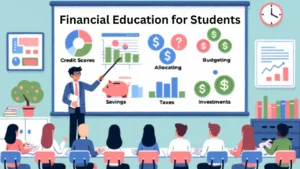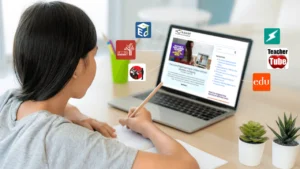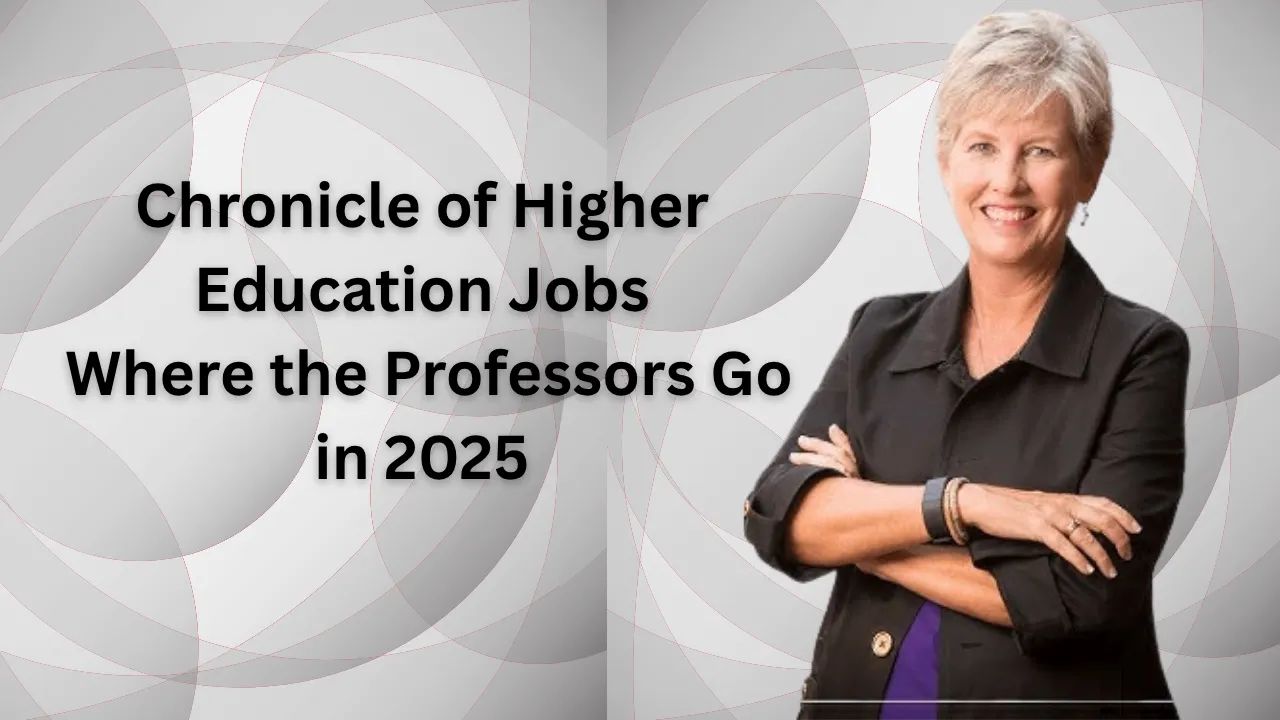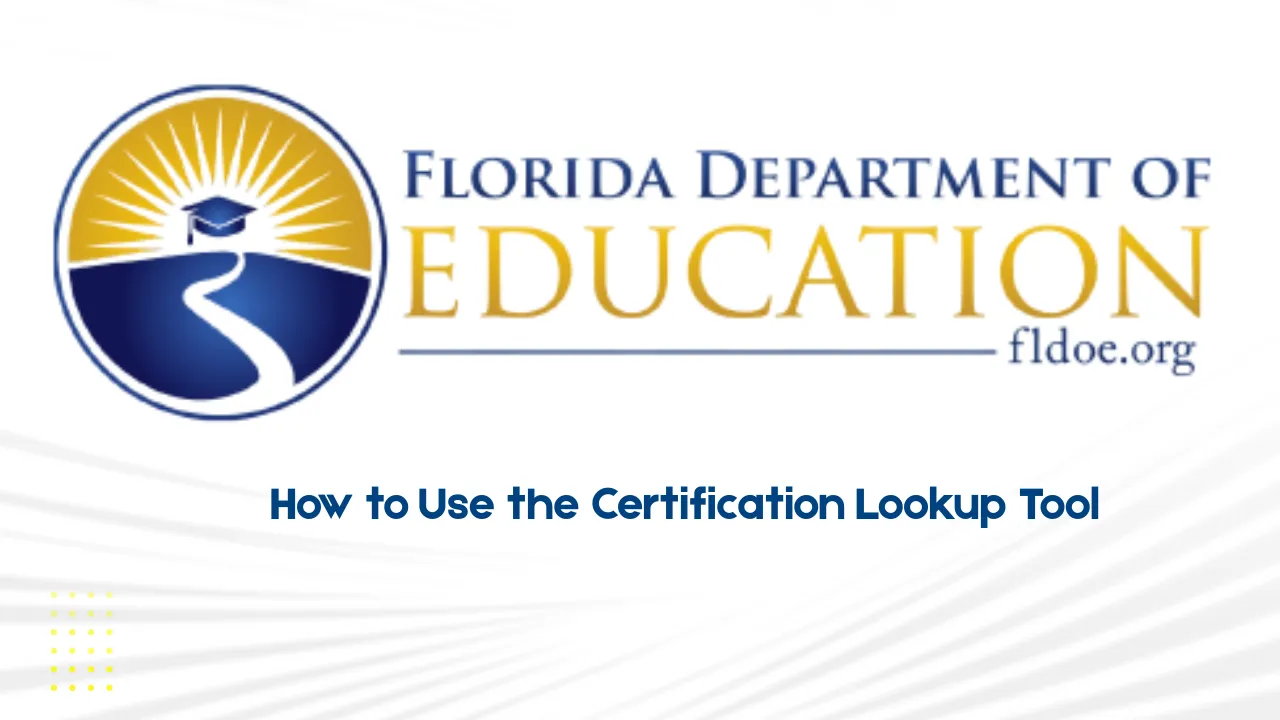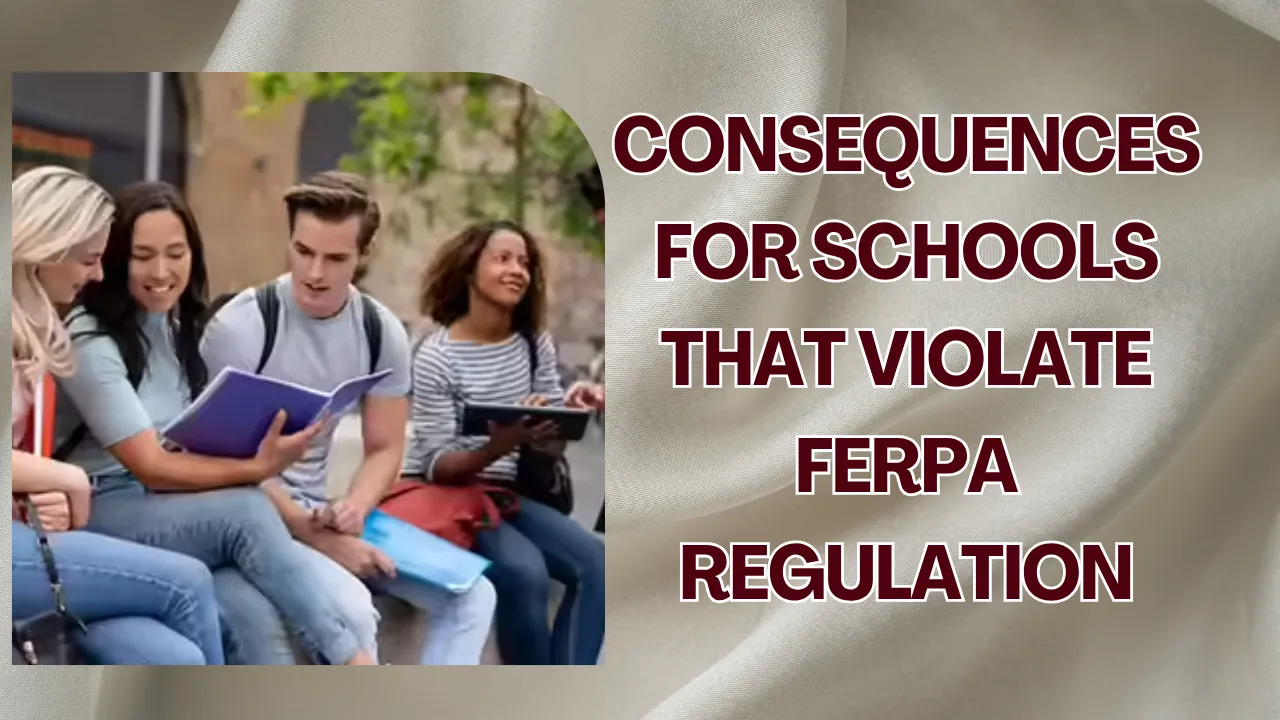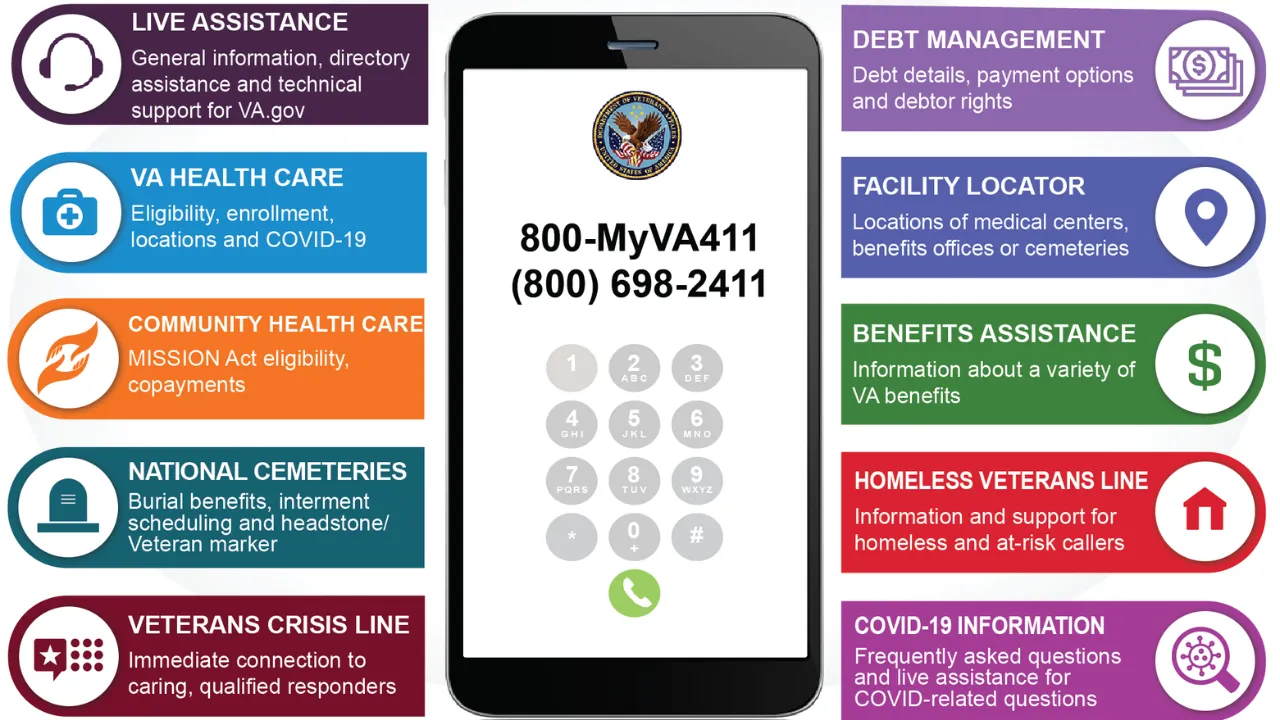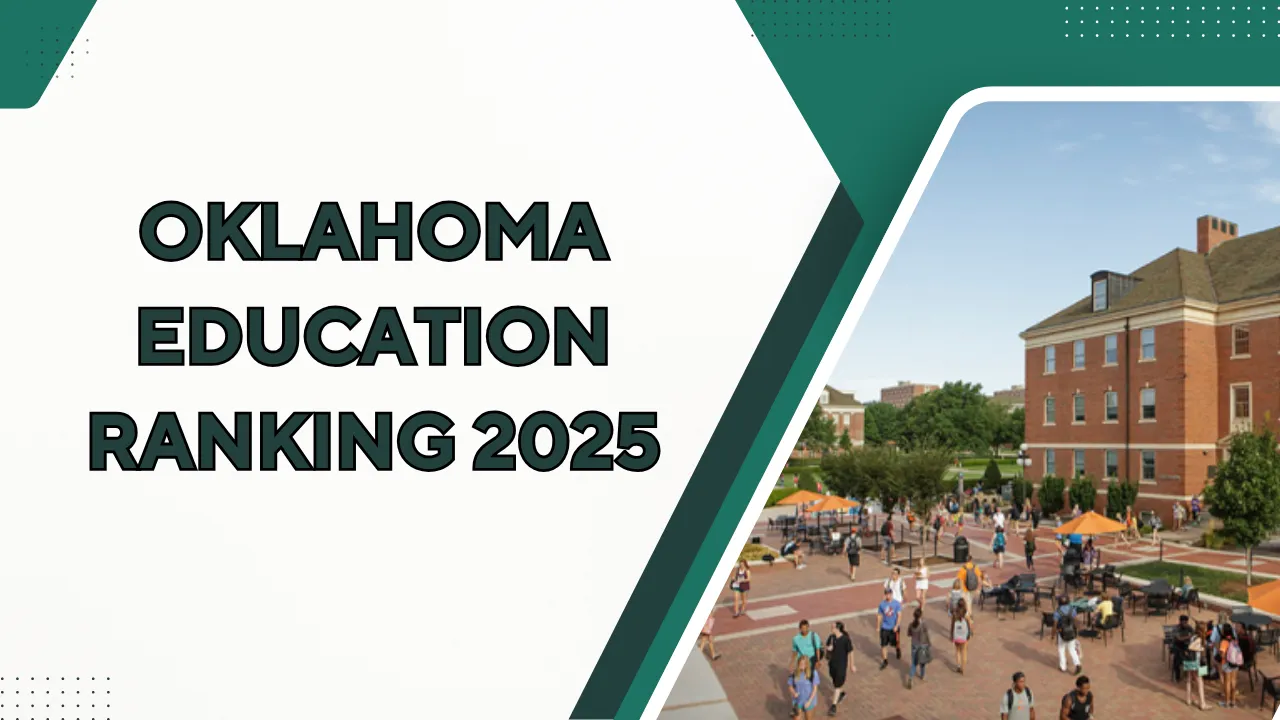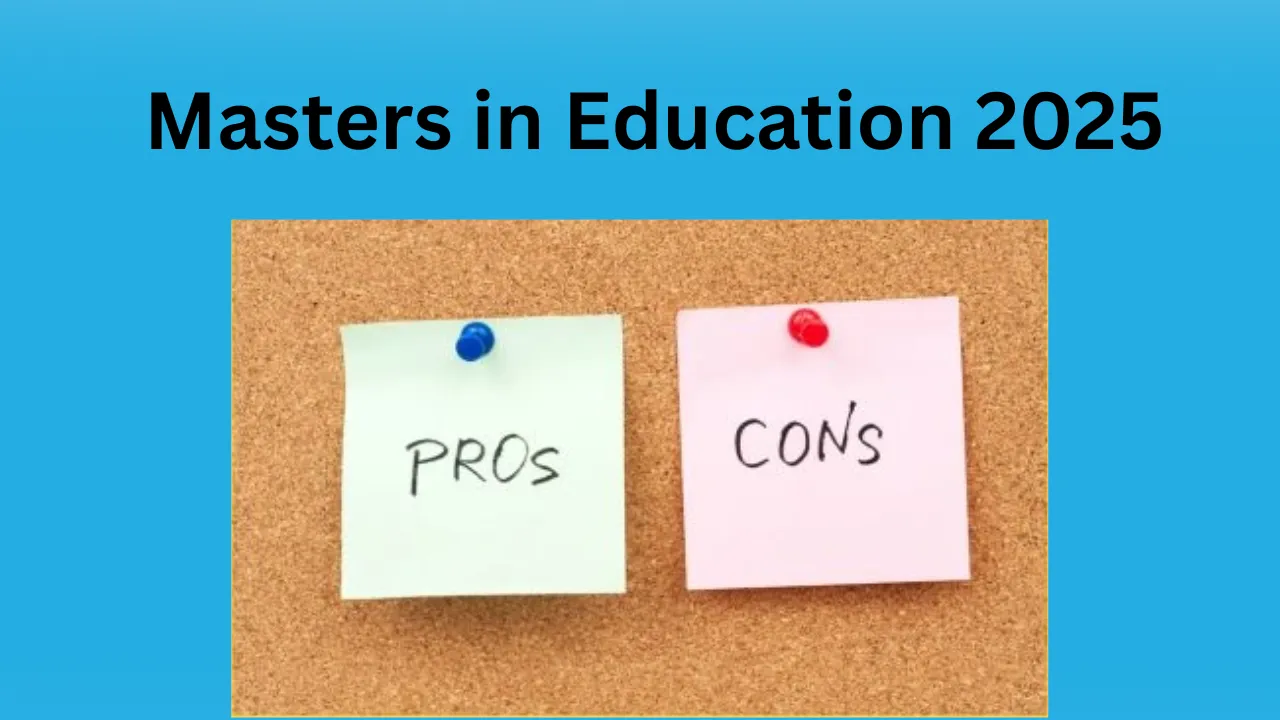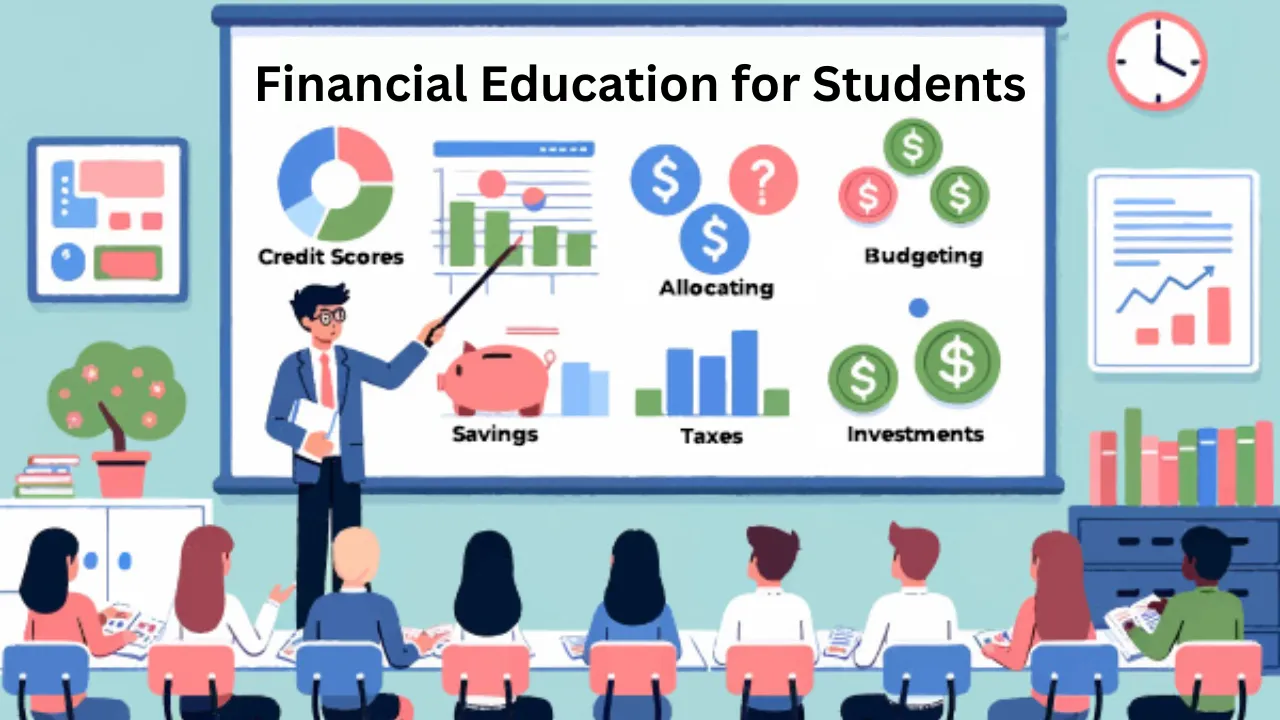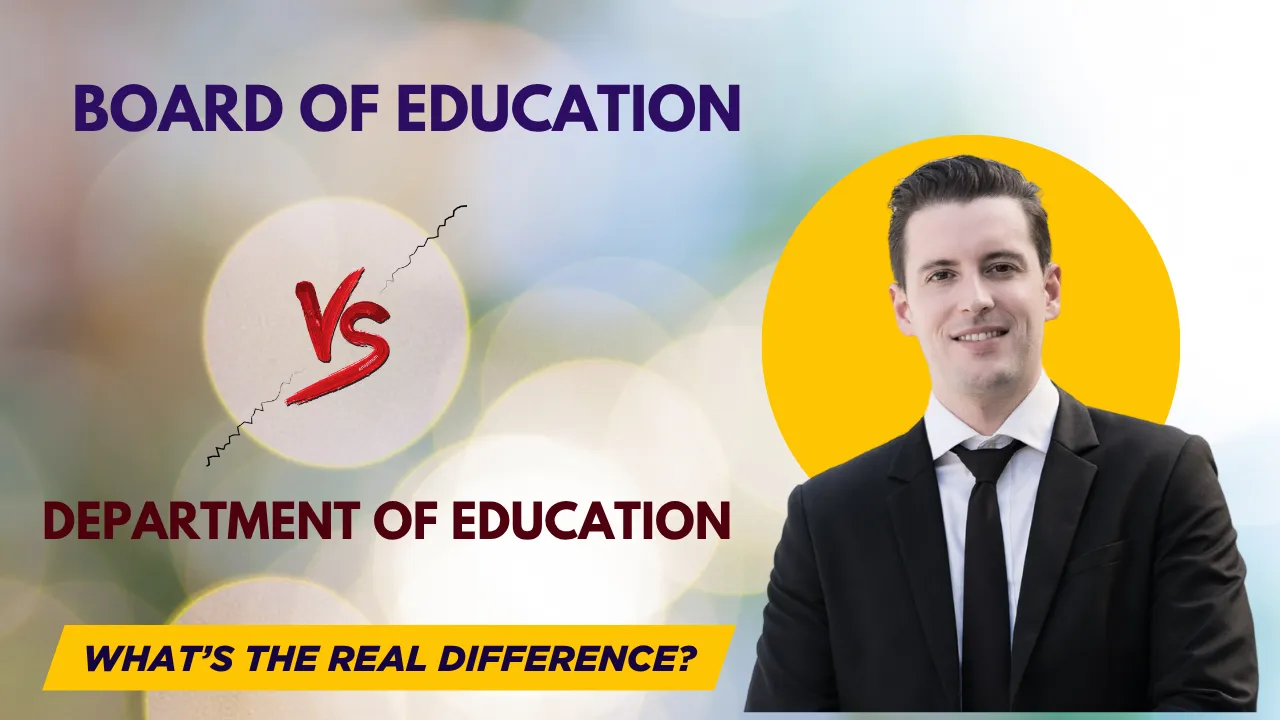General Education in 2025: In a world where technology evolves at lightning speed and career paths shift constantly, students often rush through broader learning in favor of job-specific knowledge. But General Education is more than a checkbox—it’s the intellectual toolkit that turns subject-matter experts into well-rounded thinkers, communicators, and problem solvers. In 2025, its importance has never been clearer.
General Education acts as a bridge between academic life and lifelong learning. It encourages critical thinking, boosts communication skills, and builds cultural awareness—all essential in careers ranging from healthcare to entrepreneurship. This article breaks down the core components of general education, highlights its benefits for digital-age learners, and shows why it continues to shape adaptable, ethical, and curious individuals.
General Education in 2025
General Education in 2025 is not outdated—it’s foundational. At its core, it’s a curriculum that blends humanities, science, math, and social inquiry to prepare students for an unpredictable future. By mixing disciplines like psychology, statistics, environmental science, and ethics, these programs foster transferable skills like creative problem-solving and data literacy, which are in high demand across sectors.
Rather than focusing only on technical proficiency, General Education emphasizes adaptability. Whether entering a technical role, a creative industry, or civic leadership, graduates equipped with this foundation are prepared to learn, grow, and pivot as needed over a lifetime.
Overview of General Education Courses
| Course Category | Common Subjects | Core Skills Developed |
| English & Literature | Composition, public speaking, literary analysis | Communication, interpretation, persuasive writing |
| Arts & Humanities | Philosophy, history, arts, religion | Cultural insight, ethical reasoning, critical thinking |
| Social Sciences | Psychology, sociology, economics, political science | Research, social analysis, human behavior understanding |
| Natural Sciences | Biology, chemistry, environment, astronomy | Scientific reasoning, empirical analysis |
| Mathematics | Algebra, calculus, statistics, logic | Quantitative reasoning, data literacy |
| Diversity & Global Studies | Gender studies, world religions, cultural diversity | Empathy, global awareness, inclusion mindset |
| Foreign Language | Spanish, French, Japanese, German | Cross-cultural communication, memory, linguistic skills |
The Core Purpose of General Education
General education is about learning how to learn. It teaches students to ask good questions, write clearly, and assess information critically instead of accepting it at face value. A curriculum spanning multiple fields encourages multi-angle thinking—a vital skill when facing complex issues like sustainability, health policy, or digital ethics.
It also promotes civic responsibility. By studying history, ethics, and global cultures, students develop empathy and moral perspective. These traits define next-generation leaders who balance ambition with accountability and innovation with integrity.
Adapting to Emerging Digital Roles
In 2025, many careers involve automation, online collaboration, and data-driven decision making. General Education courses in media literacy, statistics, and ethics help students navigate digital landscapes responsibly. These courses are not just academic; they build digital competence, ensuring graduates understand not only how to use technology but also its social impact.
For example, someone studying environmental science and coding gains practical skills—but pairing that with courses in communication and diversity enriches their ability to work in diverse teams and craft impactful messages about climate solutions. That blend is precisely what employers seek in digital, global industries.
Career Adaptability Through General Education
Adaptability isn’t just about changing jobs—it’s about evolving as a professional. Skills like critical thinking and intercultural competence help graduates pivot across sectors. One year they may work in finance, and the next, they’re launching a nonprofit. That flexibility roots itself in a general education that values cross-disciplinary learning, curiosity, and resilience over narrow specialization.
Research consistently shows employers value soft skills—communication, collaboration, and ethical decision-making—on par with technical credentials. Programs that nurture these traits give graduates an edge in entry-level jobs, leadership roles, and even freelance or entrepreneurial work.
Fast Track Degrees and General Education
Accelerated degree programs are becoming more mainstream—but even at double speed, students need a broad foundation. General Education ensures the fast track doesn’t become a one-dimensional sprint. Instead, it’s a thoughtful climb toward deep expertise anchored in understanding diverse viewpoints and core thinking skills.
Institutions that thoughtfully weave general education into fast-track models help students graduate quickly and well-prepared. This balanced approach allows learners to earn credentials efficiently while retaining the breadth of knowledge essential to success—but often lost in hyper-focused curriculums.
Choosing the Right General Education Courses
Selecting general education courses doesn’t have to be random—or uninspired. Here are key strategies:
- Relevance to Your Goals: Want to work in healthcare? Pair biology with communications or ethics.
- Ignite New Interests: Curious about art history or environmental justice? Take courses that spark personal passion.
- Skill Prioritization: Focus on subjects that strengthen critical thinking, writing, quantitative analysis, or intercultural competence.
- Logistic Fit: Choose online or evening classes if you’re juggling jobs, family, or other responsibilities.
Talk with your academic advisor or mentor. They can help you create a general education track that aligns with career interests, enhances study plans, and supports future opportunities.
Cost-Effective Learning Options
Finances shouldn’t block access to a high-quality general education. Students can use these alternatives:
- Community College Credits: Transfer affordable courses directly into a university plan.
- Online Learning: Accredited platforms offer general education courses at reduced rates.
- Credit-By-Exam: CLEP, AP, or other testing options can skip redundant courses and save time.
These flexible options reduce tuition while still delivering essential skills. As a bonus, they model the lifelong learning mindset general education seeks to instill.
Supporting Graduate and Non-Traditional Careers
A strong general education propels many paths beyond undergrad:
- Graduate Programs: Research, writing, and analysis skills are central to success in masters and PhD programs.
- Non-Traditional Roles: Freelance writing, social outreach, or tech startups all value critical thinkers who can communicate and connect across cultures.
- Leadership and Mentorship: Teaching, managing, or community organizing often emerges from the empathy and flexibility fostered by broad study.
General education is not optional—it’s essential for development over decades, not just four years.
FAQs
What’s the difference between general education and major courses?
General education covers a broad range of fields, building transferable skills. Major courses dive deep into one area of study.
How many credits do general education requirements include?
Typically 42–60 credits out of a 120-credit bachelor’s degree—or about 1/3 to 1/2 of the total credits.
Are general education classes available online?
Yes, many accredited schools offer general education courses online, perfect for busy or remote learners.
How can general education prepare me for the job market?
By strengthening critical thinking, communication, ethics, and cultural awareness—skills employers consistently rank as essential.
Can I skip general education if I already know the subjects?
Some schools allow testing out via CLEP/AP. Talk to your advisor to see if you can use those options.
Final Call to Action
In 2025, General Education isn’t just background noise—it’s the foundation of agile, informed, and responsible individuals. If you’re ready to build a life-lasting toolkit of skills and insights, don’t treat general education as busywork. Choose subjects that inspire you. Invest in courses that grow your mind. And let the world surprise you with what you can become.
If this article gave you a new perspective, share it with a friend or leave a comment about your favorite gen ed class. Want help mapping your own path? Explore our course guide or connect with an academic advisor today!


